The advent of Web3 and the rise of decentralized technologies are paving the way for a new paradigm in the world of work. Decentralized Autonomous Organizations (DAOs) and the emerging Gig Economy 2.0 are set to redefine how individuals collaborate, make decisions, and earn a living in a more decentralized and democratic environment. In this article, we will explore the concept of DAOs, their impact on the future of work, and how the Gig Economy 2.0 is shaping up to leverage the potential of Web3 technologies.
Decentralized Autonomous Organizations (DAOs): A New Model for Collaboration
DAOs are decentralized, blockchain-based organizations that operate through a set of predefined rules and smart contracts. They enable individuals to collaborate, make decisions, and govern without the need for centralized control or intermediaries. Key features of DAOs include:
- Decentralized Governance: DAOs empower participants to have a say in the organization’s decision-making processes, typically through token-based voting systems.
- Transparency: DAOs operate on public blockchains, ensuring that all transactions, decisions, and interactions are transparent and verifiable.
- Automation: Smart contracts handle the execution of tasks, agreements, and financial transactions within a DAO, minimizing the need for human intervention and reducing the potential for human error or manipulation.
- Incentive Alignment: DAOs often use native tokens or cryptocurrencies to incentivize participants to contribute to the organization’s growth and success, aligning the interests of all stakeholders.
The Impact of DAOs on the Future of Work
As DAOs continue to gain traction, they are poised to revolutionize the future of work by fostering more democratic, transparent, and inclusive ways of collaboration.
- Flexible Work Arrangements: DAOs enable individuals to work on their terms, choosing their level of involvement and the projects they contribute to, promoting a more flexible and adaptable work environment.
- Global Talent Pool: By removing geographical barriers, DAOs can tap into a global talent pool, allowing individuals from different backgrounds and expertise to collaborate and contribute to the organization’s success.
- Meritocratic Reward Systems: DAOs can leverage token-based reward systems to ensure that contributors are fairly compensated for their work based on their contributions, fostering a meritocratic work culture.
The Gig Economy 2.0: Leveraging Web3 Technologies
The Gig Economy 2.0, powered by Web3 technologies, is set to further disrupt the traditional work landscape, offering new opportunities for independent workers and businesses alike.
- Decentralized Marketplaces: Web3-enabled decentralized marketplaces can provide gig workers with secure, transparent, and fair platforms to offer their services without the need for centralized intermediaries that often take significant fees.
- Tokenized Incentives: Gig Economy 2.0 platforms can utilize native tokens or cryptocurrencies to incentivize gig workers and facilitate seamless transactions between service providers and clients.
- Reputation Systems: Web3 technologies can enable decentralized and verifiable reputation systems, allowing gig workers to establish and showcase their credibility and expertise across multiple platforms.
Conclusion
Web3 technologies, such as DAOs and the emerging Gig Economy 2.0, are redefining the future of work by offering decentralized, transparent, and inclusive models of collaboration and value creation. As the world embraces the potential of decentralization, the way we work and interact in professional environments will continue to evolve, empowering individuals and fostering innovation in a truly global and democratic ecosystem.





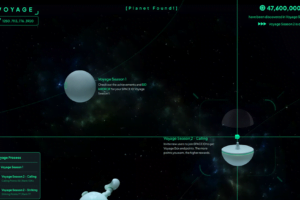

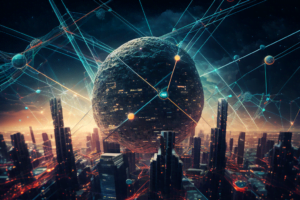




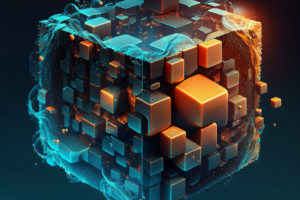
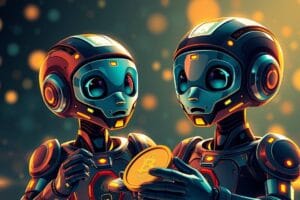
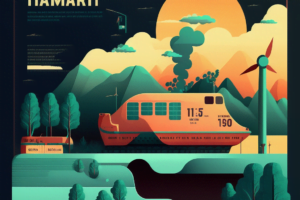


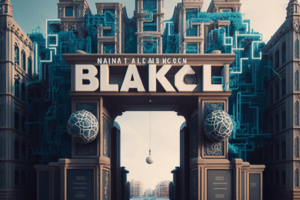




![StarsArena (StarShares): The Universe of Web3 Crypto Social Media! [Guide] starsarena](https://cryptos.us/wp-content/uploads/2023/10/starsarena.png)